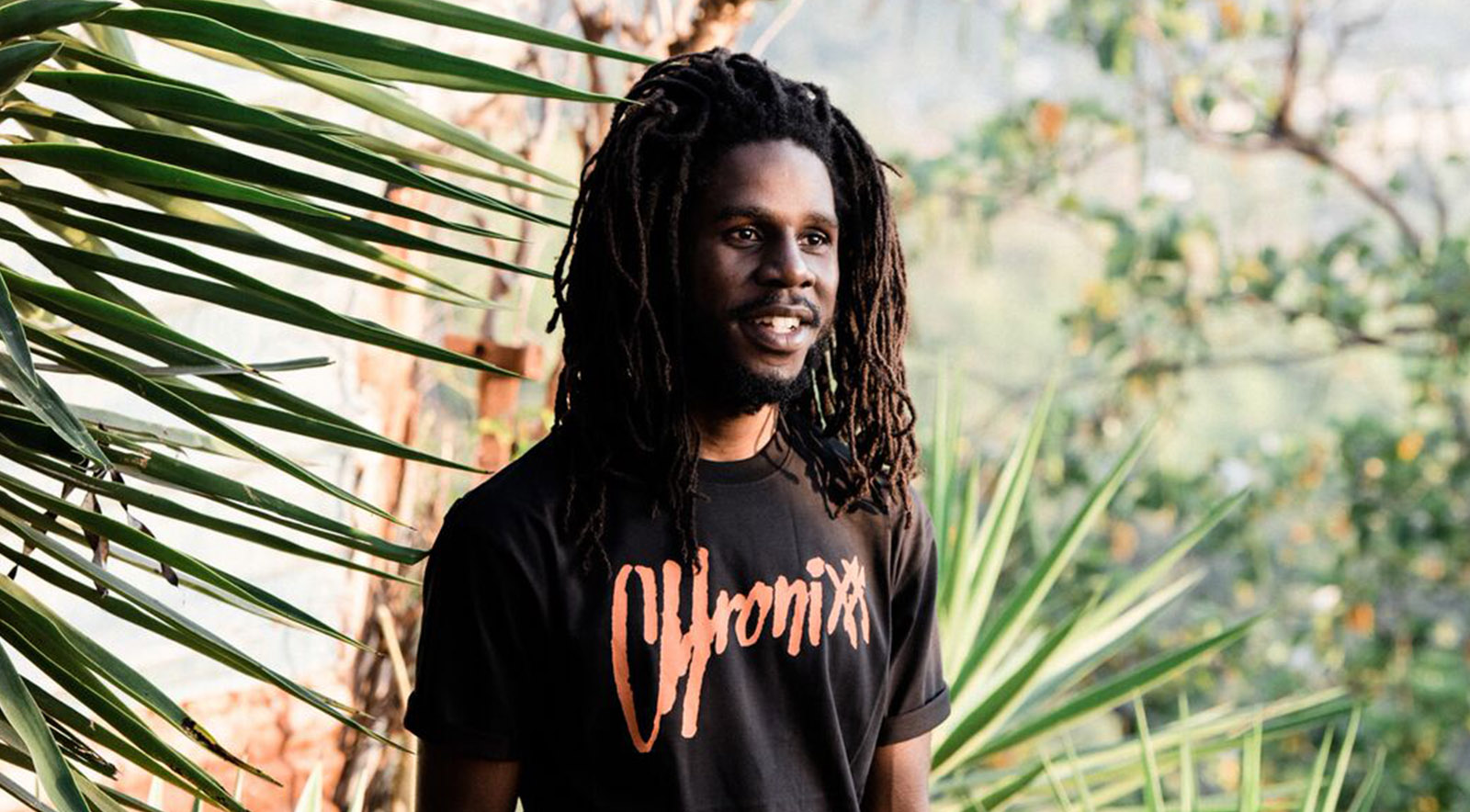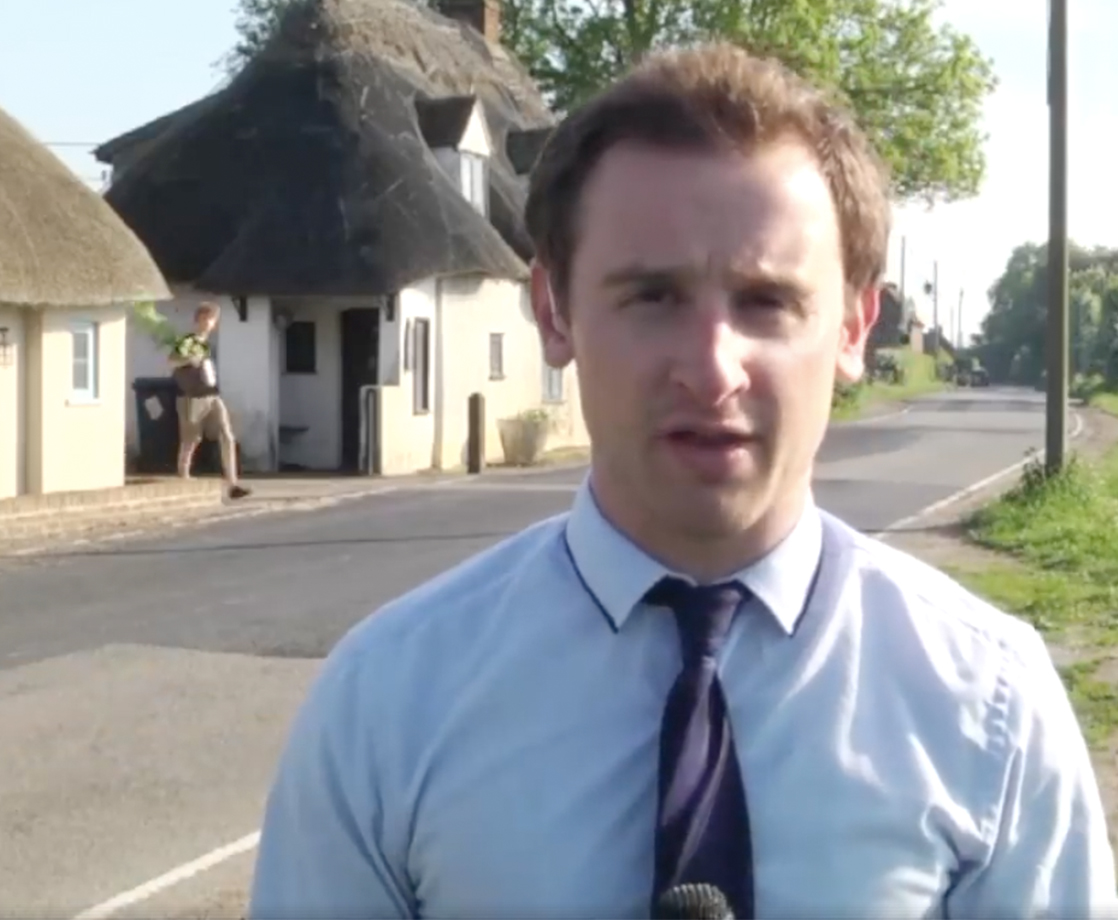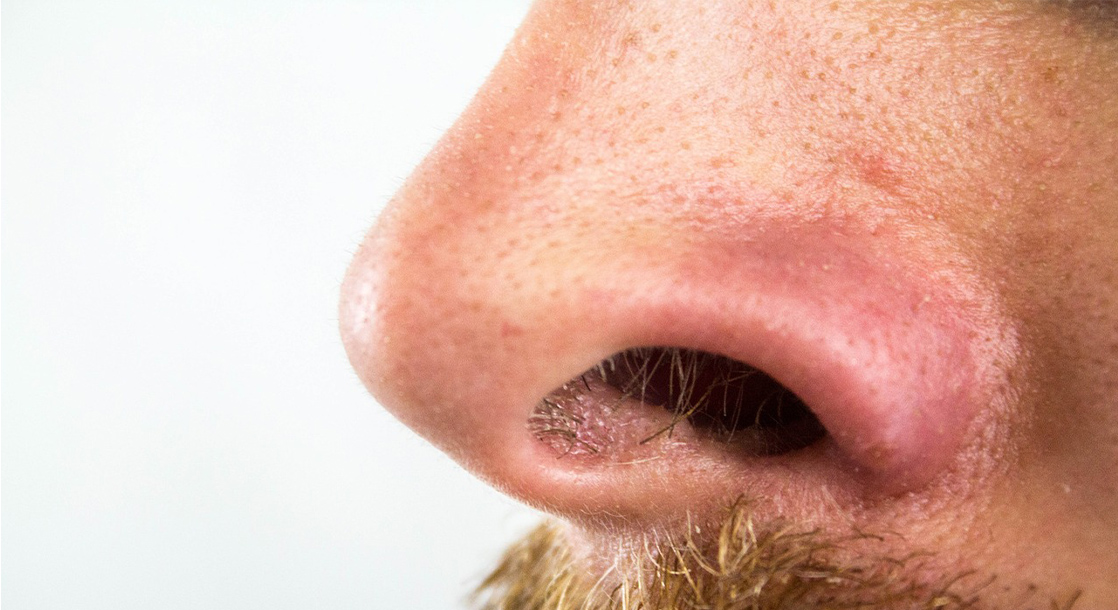Jamaican-born reggae artist Chronixx says he is on a journey to become one of the greatest Jamaicans to ever live. While that's no easy task (Usain Bolt might have something to say about that), the 24-year-old is making headway by dropping international hits like 2013’s "Smile Jamaica" and "Here Comes Trouble,” along with his 2014 EP, Dread & Terrible. Now, the musician, whose real name is Jamar McNaughton, is getting ready to release his upcoming album, Chronology, continuing the “Reggae Revival” movement.
While Jamaica’s native son is helping to rejuvenate the genre on the world stage, as you’ll read in our interview with him, Chronixx takes this responsibility very, very seriously—because “one of the greatest thing you can do in Jamaica is be a great musician, because there is no greater respect that a Jamaican can have.”
We sat down with Chronixx to discuss his favorite marijuana memories, his upcoming projects, his guilty pleasure artists, and how growing up in Jamaica continues to influence his musical career.
Peep Chronixx’s exclusive MERRY JANE playlist below, which are the first 10 tracks, and find out more about what makes him tick once you hit play.
MERRY JANE: What's your most memorable experience with herb?
CHRONIXX: My most memorable experience with herb? Damn, I've had a few. I'm always embarrassed to share these moments (laughs). I remember being at a launch for a concert that I was performing in Jamaica, and this was like one of the first times I had the [marijuana] tea, and I totally—you know what I mean? I was fully zoned out. Fully, fully, fully, it was almost like I could watch myself from a distance.
Like an out-of-body experience?
Yeah, yeah. Luckily I didn't have to perform, it was a launch of the event. It was a press launch, but I had to do interviews like this, total rubbish. That was one of mine.
Then, we played in San Francisco last year on 4/20, with Berner and Dizzy Wright, and a few artists, and the drummer in the band, we had to take him to the hospital—he was out.
But I have a lot of nice, positive experiences with herb. Especially in meditation where… you know, that one is not that easy to explain, but everything's very good when you meditate.
If you were a boxer, what song would you come out to?
"Here Comes Trouble," here comes the danger. Or, "Small Axe," if you are the big tree, I am the small axe, sharpened to cut you down.
If you were going to go out with guns blazing, like in an action movie or in Scarface or something, what song would be played in the background?
Vybez Kartel, "4 Star." Di war nah done til di whole ah dem dead. (laughs)
So, do you have an artist you listen to that's your guilty pleasure? Someone you would say you're a little embarrassed you listen to?
Not really, not really.
Well, who are you listening to right now?
I like Chloe x Halle, I like Emily King, I think 21 Savage has some nice songs. I think he's one of the artists I wouldn't tell people I listen to (laughs). I ended up listening to 21 Savage earlier.
Is there a specific song that reminds you of your childhood?
There's so many songs, because music is the soundtrack of my life. We used to watch Disney channel sometime, and there was a lot of N'Sync on it, so, my sisters used to watch it. And Backstreet Boys (laughs). And then if you play some Brian McKnight that would bring me back to 10, nine years old. Brian McKnight is a huge artist in Jamaica and that was all I listened to, Brian McKnight and Toni Braxton, and Brandy, Aaliyah, TLC, "Don't Go Chasing Waterfalls," that was like when I was 10, maybe.
Is there a of your songs that means the most to you personally?
I think the one that means the most to me personally is coming up on this upcoming project, it's not released as of yet.
Is there one out now that sticks out to you personally?
Yeah, there's a song out, "They Don't Know," is what it's called. That's a song that means a lot.
Who's been your favorite artist that you've worked with?
So far? Let me see… Ernest Ranglin, he's a guitar player, he made the first Jamaican hit song, "My Boy Lollipop," he arranged it, and composed it, that's a very talented man. He's one of the people who created the Reggae sound. I got to do a performance with him one time. I worked with Sizzla, Sizzla is the best. And a few musicians mainly, Sly & Robbie, that's massive.
Do you have a dream collaboration?
Stevie Wonder is a dream, a dream… I would like to do a song with Stevie Wonder.
What projects are you working on in your near future?
It's called "Chronology." It's our latest project, so that's the most recent one that is ready to be released. And then, we're working on a lot of other stuff, a lot of hip-hop things and grime, dancehall, you know? Lots of things, great things.
What's it like to grow up in Jamaica, in a place with such a rich culture?
CHRONIXX: Let me tell you, one of the greatest thing you can do in Jamaica is be a great musician, because there is no greater respect that a Jamaican can have. The artist in Jamaica in greater than the politician, is greater than everybody else. Not greater in terms of better than them, but like, Jamaicans have a deep love and appreciation for music, you know, so, like, one of the greatest Jamaicans amongst Jamaican people would be Bob Marley and Dennis Brown. These are some of the greatest Jamaicans. And then you have the athletes, who are great as they are. But in Jamaica, when you start to do music, that's the first thing you think about, I am now on a journey to become one of the greatest Jamaicans to ever live. Because, that's what you get in Jamaica when you make great music. It's a heroic gesture, to take up the responsibility of making great music. We have a lot of musicians in Jamaica, a lot of DJs, people within music, singers, but to take up the responsibility of making the best music that you can make.
That must be a lot of competition?
Not really a competition, just variety. It's just beauty. That's what comes out of it in the end. Humans naturally have a competitive nature whether it's one competing against one, or millions competing against each other. Competition is inevitably in the human mind. But, in Jamaica, it's more everybody is just trying to write their part of the story.
Well said. Okay, last question—Do you see a lot of similarities between Reggae and Hip-Hop?
Well, hip-hop is born out of reggae music and dancehall culture, because hip-hop started with sound system, and sound system originate in the dancehall culture in Jamaica. The dub on the record, and the version "side A, side B" kind of vibe, and the DJ by the microphone, the sound system, and the sound chamber, and the effects, and the dub mix and all of them things. It started out in Jamaica, and it, it evolved in the urban part of the east coast of America, it's a natural thing. You know what I mean? It's not even a similarity; it's like to say what are the similarities between me and my father? You know? It's really just things that hip-hop inherits from Jamaican culture. It's never ending, back and forth. Because the cultures keep adapting things from each other throughout. Just like a mother and her son. Same thing. None have to be greater than the other.
That's how music evolved, and the music was meant for that. Before it spread through humanity, one of its primary purposes is to help us as African people to feel each other's vibration. That's why Jamaicans love soccer, and truly love West African music. West Africa love dancehall. And East Africa love reggae. And West Africa love Reggae, and Jamaicans’ love hip-hop, Jamaicans’ love R&B, Jamaicans love soul, Jamaicans’ love jazz, they love blues. The music was our consciousness that brings all of us people together. Then that consciousness spread to a global thing and to all of humanity, but the primary purpose of it was so that I could feel what my bredda was saying in the Bronx, and my sistah in West Africa could know what her bredda in Trinidad is feeling and what he is experiencing. And fuses it with a lot of things, it fuses with Indian music—and with hip-hop you hear a lot of Eastern sounds too. So it's like, it's just, in our culture coming out. So you'll always find similarities.
Because if I get up and start to do reggae, yeah, it's going to be reggae, but it's going to have my inner culture, because I have a personal culture as well, which is going to come out in the music and cause it be unique and spark a new evolution of sound. It's a great thing.











